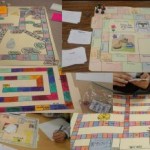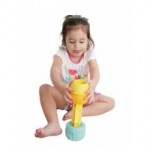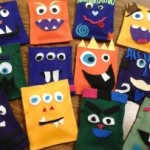
There are so many herbs and spices out there that it’s hard to know where to start! In the past, I’ve had my students pick an herb or spice to research and present to the rest of the class. While that was okay, I wanted something a little more “spicy” (pardon my pun) and interactive. After wracking my brain for how I was going to do this, I put it aside for a while. Finally, after months of mulling this over in my head, the following activities and labs came to fruition and were worth the wait! I hope your students like it as much as mine did!









